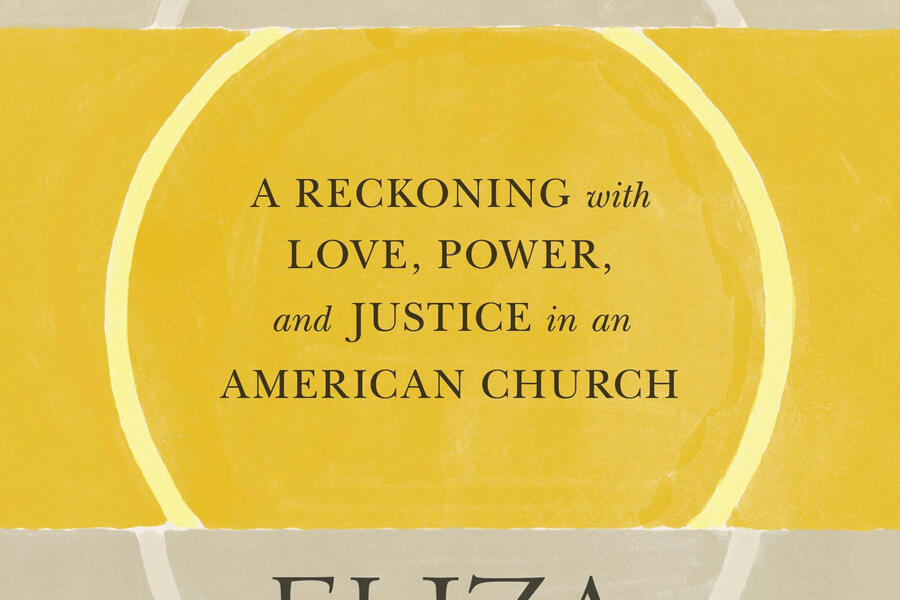And so, it seems, unhappy families are alike after all. It's true even in our most peaceable of kingdoms, as documented in Circle of Hope: A Reckoning With Love, Power, and Justice in an American Church. For her newest book, Eliza Griswold, A&S '97 (MA), a pastor's daughter, Pulitzer Prize winner, and New Yorker contributing writer, spent four years immersed within a small evangelical church in Philadelphia devoted to social justice and community involvement.
The result is an intimate examination of the disintegration of this progressive institution that's both finely detailed (we learn about her subjects' favored walking paths and reading matter) and thoroughly reported. The tale begins at the Circle of Hope's founding in 1996, by a couple steeped in California radical hippiedom and good intentions—and proceeds in a spiraling fashion to a spectacular unraveling rife with sniping, accusations, resentment, and hurt.
At its core are the pastors leading Circle's four Gen X congregations: traditionalist Ben, a son of its founders, who lives and works across the bridge from Philadelphia in Camden County; introverted Julie, a former social worker and ardent gardener in the city's Germantown neighborhood; feminist Rachel, in South Philly, once a high school beauty queen and an honor student; and in Kensington, rabble-rousing Jonny, born to Egyptian refugees and closeted. Each pastor has been planted in one of the region's poorest neighborhoods; except for Jonny, they are all white, as are their congregations.
Set amid the advent of the pandemic and the roiling of Black Lives Matter, it's a recipe for white guilt–fueled disaster. Seemingly every fraught issue of the day rises to the fore: racism and white saviorism, generational shifts, gender identity and gentrification, and, crucially, soul-searching about how and whether the church should adapt to meet changing times. "Churches are harbingers of moral and cultural shifts," observes Griswold in her introduction. Some 330 pages later, she writes: "Churches are messy places." In between, Circle of Hope lays it all on the line, leaving readers alternately rolling their eyes and wiping them at this exasperating and sad tale of a bunch of "gentle weirdos" (Griswold's term) gone awry.
Posted in Voices+Opinion








